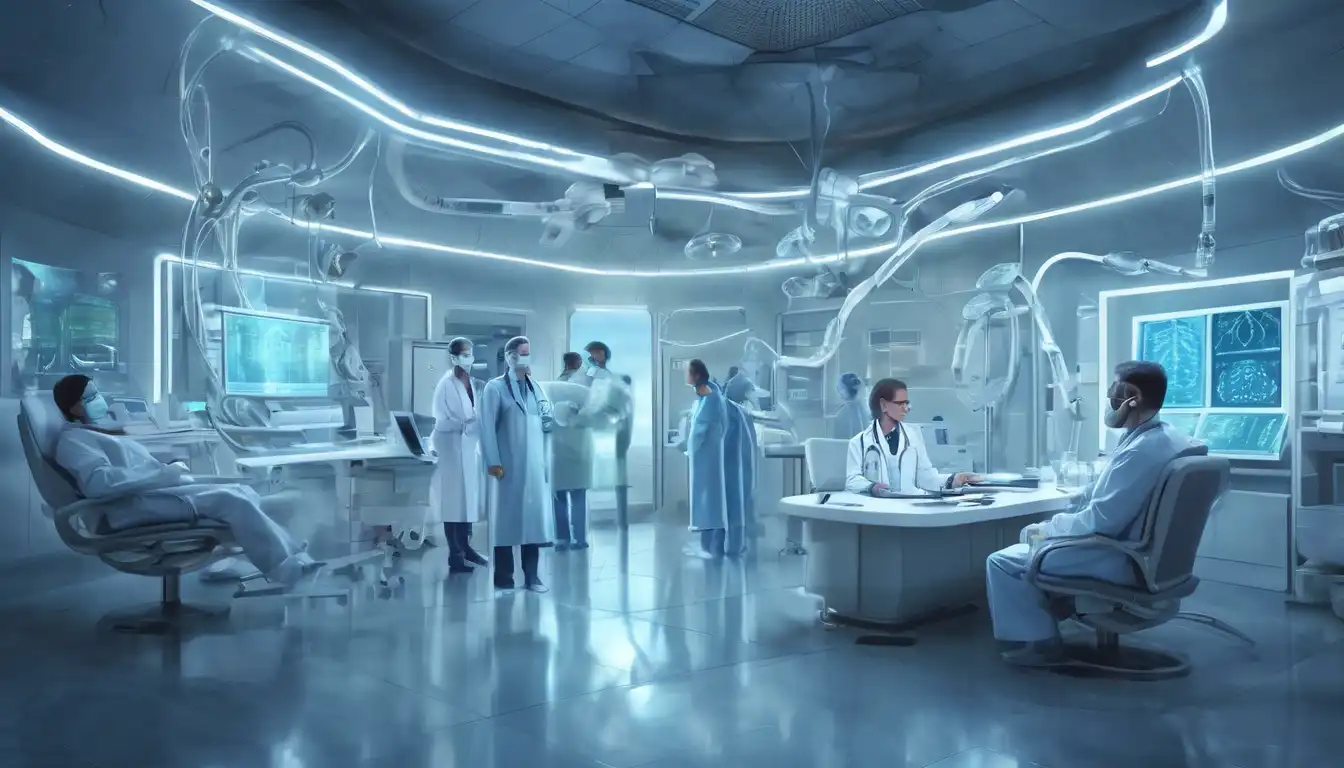The Revolutionary Impact of AI in Healthcare
Artificial Intelligence (AI) is revolutionizing the healthcare industry by offering innovative solutions to complex problems. From diagnostics to treatment personalization, AI's role in modern healthcare is undeniable. This article explores how AI is transforming healthcare delivery, improving patient outcomes, and streamlining operations.
Enhancing Diagnostic Accuracy
AI algorithms are now capable of analyzing medical images with precision that rivals human experts. Technologies like machine learning and deep learning enable the detection of diseases such as cancer at early stages, significantly improving the chances of successful treatment.
Personalizing Patient Care
AI's ability to process vast amounts of data allows for the personalization of patient care plans. By analyzing patient history and genetic information, AI can recommend treatments that are tailored to the individual's unique needs, enhancing effectiveness and reducing side effects.
Streamlining Healthcare Operations
Beyond patient care, AI is optimizing healthcare operations. From managing patient records to predicting patient admission rates, AI tools are helping healthcare facilities operate more efficiently, reducing costs and improving service delivery.
Challenges and Ethical Considerations
Despite its benefits, the integration of AI into healthcare raises ethical and privacy concerns. Ensuring the security of patient data and addressing biases in AI algorithms are critical challenges that need to be addressed to fully realize AI's potential in healthcare.
For more insights into how technology is shaping the future of healthcare, explore our technology in healthcare section.
Conclusion
The role of AI in modern healthcare solutions is transformative, offering unprecedented opportunities to enhance diagnostic accuracy, personalize patient care, and streamline operations. As the technology evolves, it is imperative to address the accompanying challenges to ensure ethical and equitable use of AI in healthcare.
